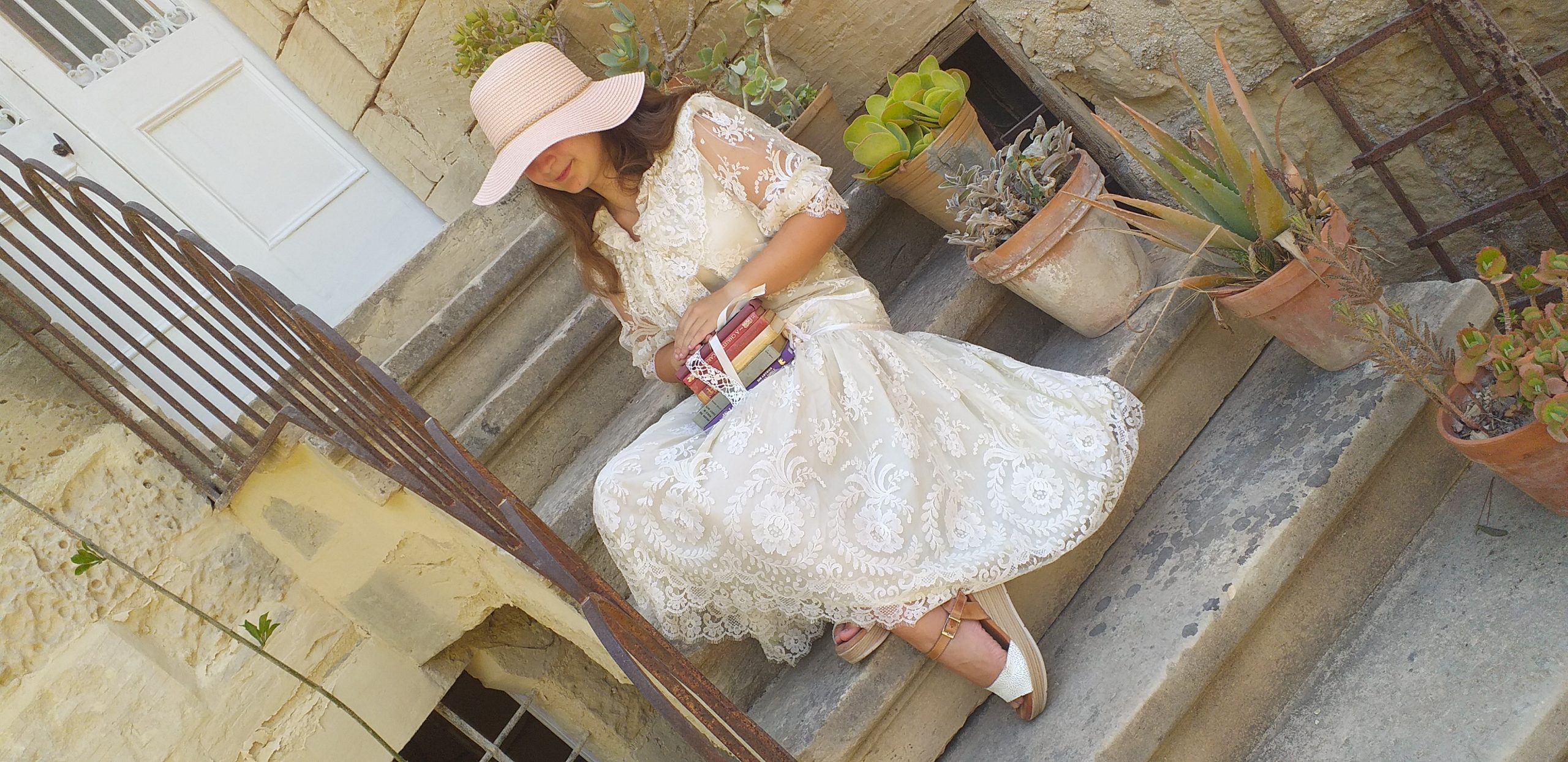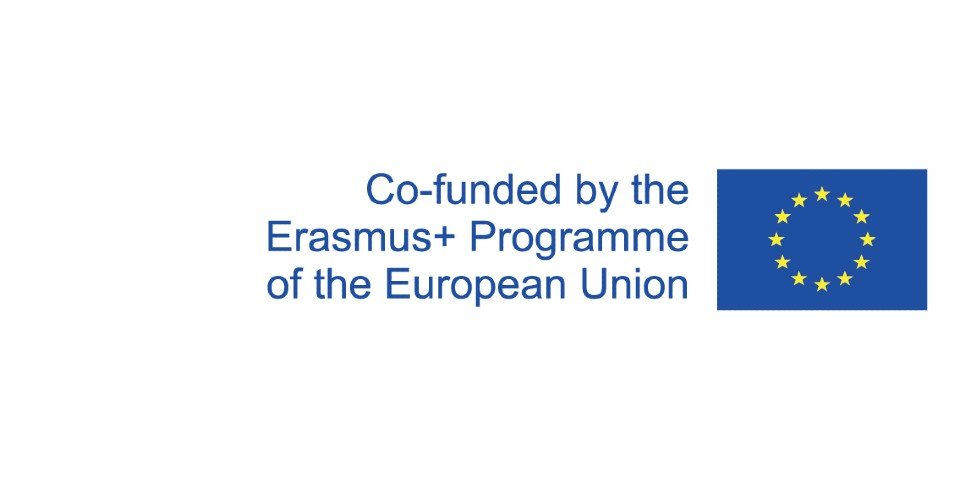

Learning to Learn (L2L) competence or metacognition means I am aware of the way I learn and how I can learn more effectively. That is metacognitive knowledge. It also means that I am able to self-regulate, for example using time and resources efficiently and that is metacognitive control. 🙂
What we are doing in this project is being part of a community of enquiry that aims for a better understanding of our individual learning process. The L2L approach provides all us, as learners, with opportunities and tools for reflective and strategic thinking that will help us develop and improve our ways of learning within this project and in our lives….. and for all our lives! This helps us develop skills and methods for successful lifelong learning and enable us to be motivated in our learning experiences now so that we become life long learners and reach our learning goals.
Learning to learn means that I know my own strengths and weaknesses and I am able to use the right methods and tools which are the most useful for a specific task. It also means that I will also learn from previous experience (so be able to problem solve using past experience) and how I need to apply, change or adapt what I already know to be able to complete a task or reach an outcome.
Learning to learn can be split into these different parts.
(1) I am aware of strategies which I connect with memory and learning;
(2) I am able to monitor my own learning by asking “How well am I doing?” In this way, I am able to monitor my progress during a task and recognize what change I need to do along the way to reach my intended outcome.
(3) I am flexible by asking “What do I need to do?”
How can we practice metacognition?
The authors of Making Thinking Visible suggest seven routines for metacognition:
1. What Makes You Say That? Interpretation with justification routine.
2. Think Puzzle Explore A routine that sets the stage for deeper inquiry.
3. Think Pair Share A routine for active reasoning and explanation.
4, Circle of Viewpoints A routine for exploring diverse perspectives.
5. I used to Think… Now I think… A routine for reflecting on how and why our thinking has changed.
6. See Think Wonder A routine for exploring works of art and other interesting things.
7. Compass Points A routine for examining propositions.
More on this website : Teach Kids to Think About Their Thinking — Metacognition (imaginationsoup.net)
Here is a powerpoint presentation which we used to explore elements of metacognition during our Erasmus+ Youth Initiative project with Dis…correre youth group. We met in Malta in July of 2022 to exchange good practices in learning. This was one workshop we created for the activity C1 in Malta.
A definition from The Official Journal of the European Union dated June 2018 could be helpful here!
“Personal, social and learning to learn competence is the ability to reflect upon oneself, effectively manage time and information, work with others in a constructive way, remain resilient and manage one’s own learning and career. It includes the ability to cope with uncertainty and complexity, learn to learn, support one’s physical and emotional wellbeing, to maintain physical and mental health, and to be able to lead a health-conscious, future-oriented life, empathize and manage conflict in an inclusive and supportive context.”
Let’s break that down! 🙂
‘Learning to learn’ is the ability to develop self-awareness, follow and persist in learning and to organize your own learning. This includes good management of time and information, both individually and in groups.
This ability includes awareness of the way you learn and your learning needs, identifying available opportunities, and being able to overcome obstacles in order to learn successfully. This competence means gaining, processing and assimilating new knowledge and skills as well as seeking and making use of guidance.
‘Learning to learn’ means you are able to build on prior learning and life experiences in order to use and apply knowledge and skills in a variety of contexts: at home, at school, in youth groups, at work, in education and training. It is a skill that is transferable, a transversal skill (sometimes called soft skills), meaning it can be used or applied to any subject and context.

Motivation and confidence are important to an individual’s competence. 🙂
We’ve included some questions to ask yourself (below), ideas for activities and a handbook for trainers. We hope you find them useful so you too can develop metacognitive skills!! 🙂

Watch this for more information on metacognition!
We’re using YouthPass as a tool for self-assessment and to reflect and report on the competences reach through this project. Learning to learn is one of these key competences!! Below is a short summary of the 8 competences and you can Click here to access the YouthPass page



